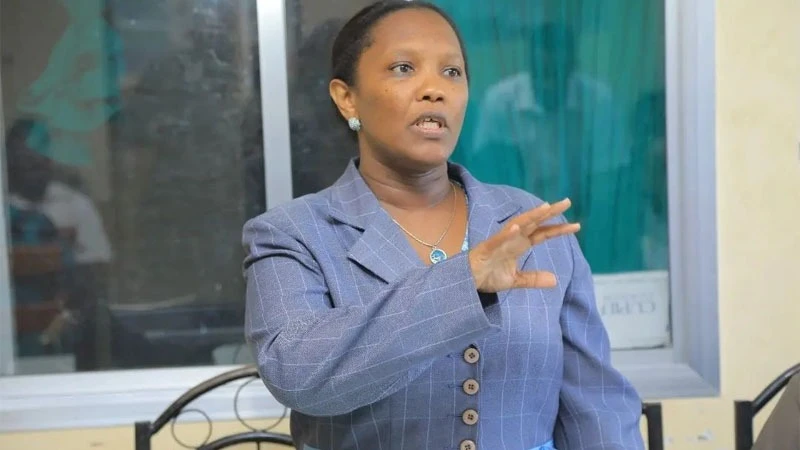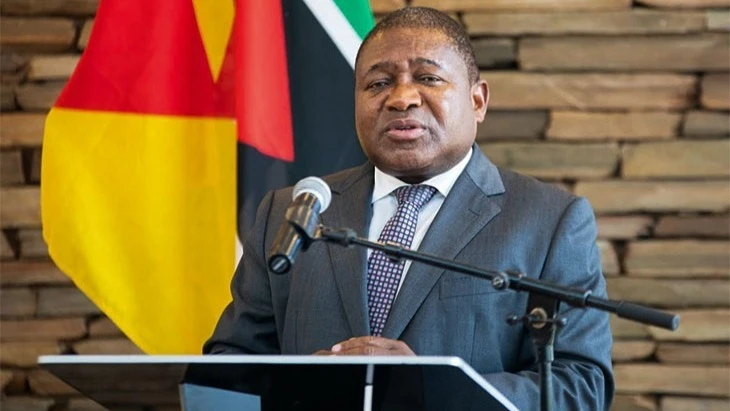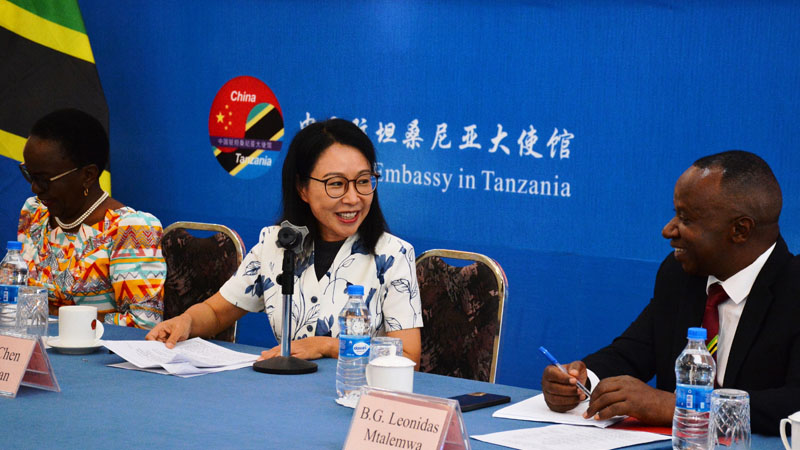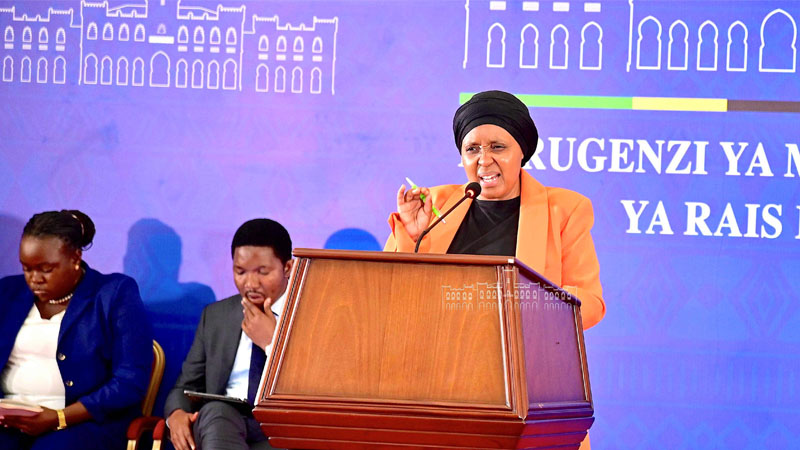Govt blames heavy rains as malaria cases increase

CHIEF Medical Officer Prof Tumaini Nagu has said that in 2022/23 malaria cases increased slightly by one percent despite efforts made by the government and stakeholders to eliminate the disease.
She attributed the increase to heavy rains that pounded most parts of the country during that period.
Prof Nagu said this in Dar es Salaam yesterday at the launch of Malaria Forum 2024 under the theme ‘Malaria-Free Future: Integrated strategies for Malaria Elimination.
She said the one percent increase was registered in cases and deaths. However, the increase was not a cause for alarm since deaths attributed to malaria were 1,600 compared to 2015 when more than 6,000 deaths were reported, adding that such a situation still demands deliberation on measures to address the problem.
Prof Nagu highlighted that Tanzania made significant strides to scale up affordable and cost-effective preventive and curative interventions for malaria control and elimination which resulted in notable shifts in the country's malaria epidemiological profile.
“While progress has been made, there are still challenges to address, particularly the increased risk of malaria among children under five. The findings from the School Malaria Parasitological Survey conducted in 2023 revealed a promising decline in malaria prevalence among primary school children at 11.3 percent compared with 2015 results of 21.6 percent,” she said.
“Additionally, a significant reduction in malaria incidence and deaths reported in our health facilities has been recorded. Malaria cases have declined by 55 percent from 7.7 million in 2015 to 3.5 million in 2023. Malaria incidence per 1,000 people has declined by 64 percent from 162 in 2015 to 58 in 2023.”
Prof Nagu said that hospital admissions due to malaria decreased by 61 percent from 529,146 cases in 2015 to 204,028 in 2023, indicating a decrease of severe cases. Also, malaria deaths decreased by 69 percent from 6,311 in 2015 to 1,954 in 2023.
She said that more efforts need to be made to ensure the problem does not increase any further, calling upon scientists and researchers to discuss and come up with alternative solutions to eliminate the disease.
Dr Honorati Masanja, chief executive director of Ifakara Health Institute, said through the forum they were challenged to explore ways to utilize new technologies like artificial intelligence to combat malaria and use other innovations in interventions against the disease.
Dr Faustine Ndugulile, Kigamboni MP, said it is important for the government to explore ways to increase internal financial sources instead of depending on foreign sources to finance national budgets, adding that it is time the government encouraged pesticide production in the country to help combat Malaria.
Top Headlines
© 2024 IPPMEDIA.COM. ALL RIGHTS RESERVED



















